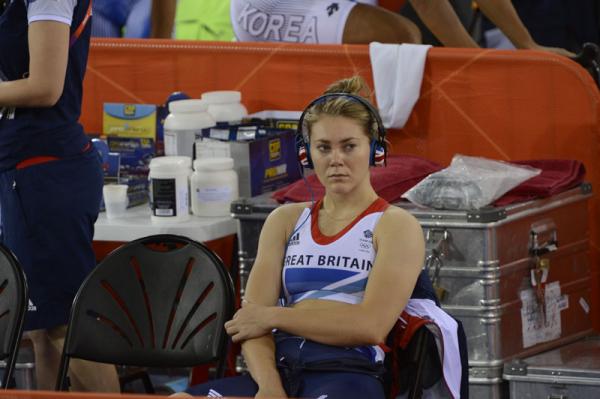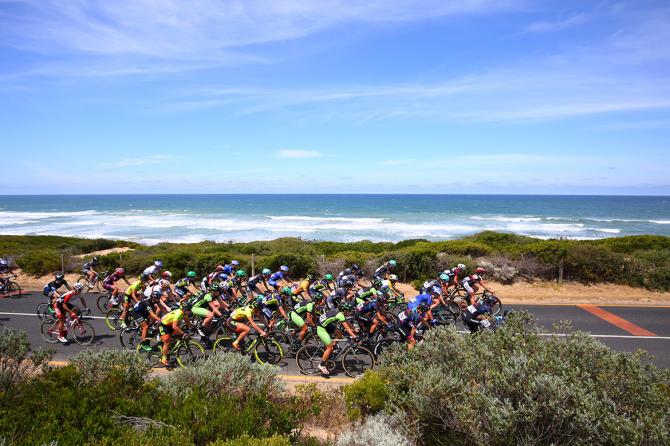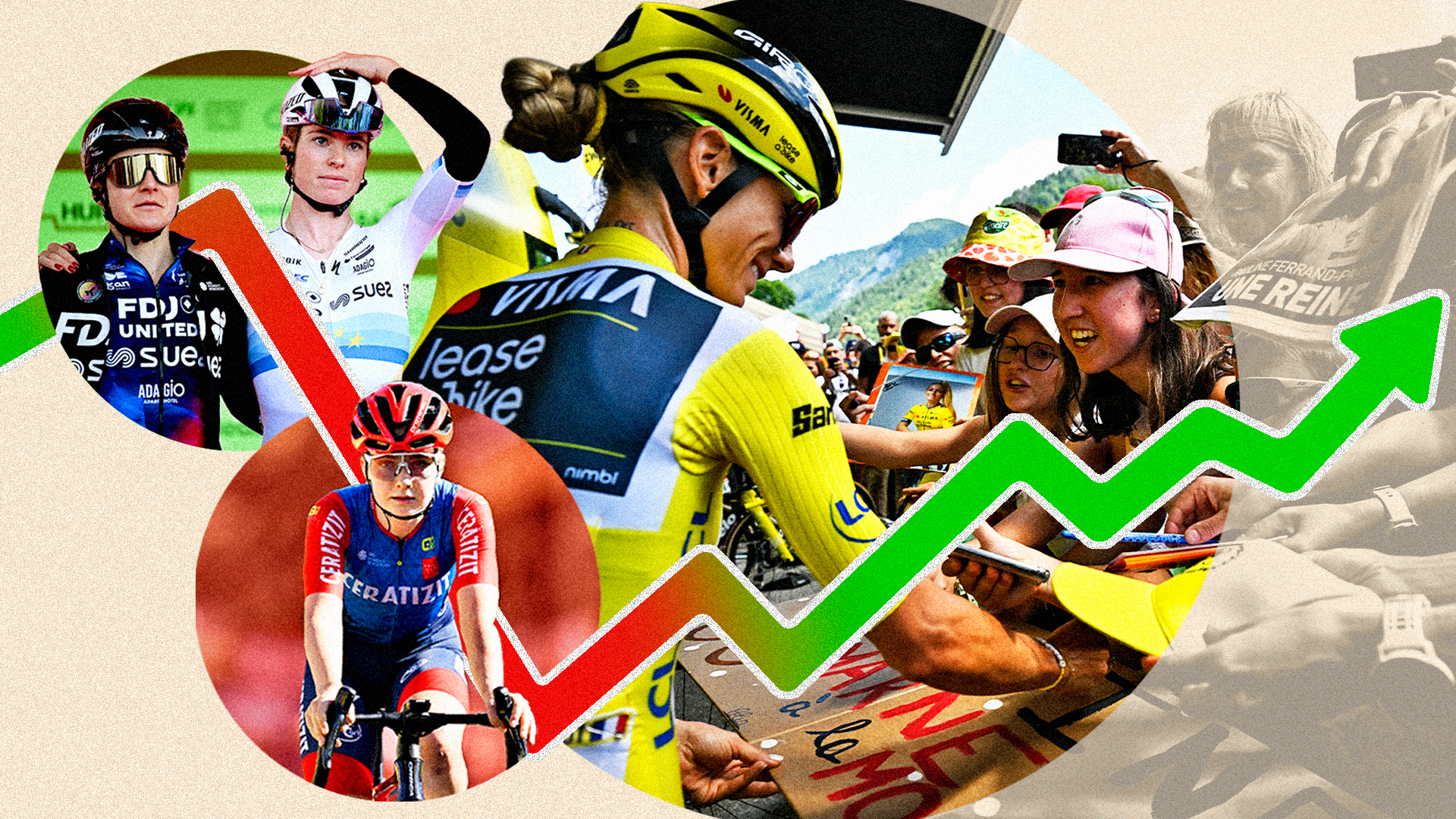Abused cyclists face an uphill battle for justice
UCI's protections date back only to 2016
The latest race content, interviews, features, reviews and expert buying guides, direct to your inbox!
You are now subscribed
Your newsletter sign-up was successful
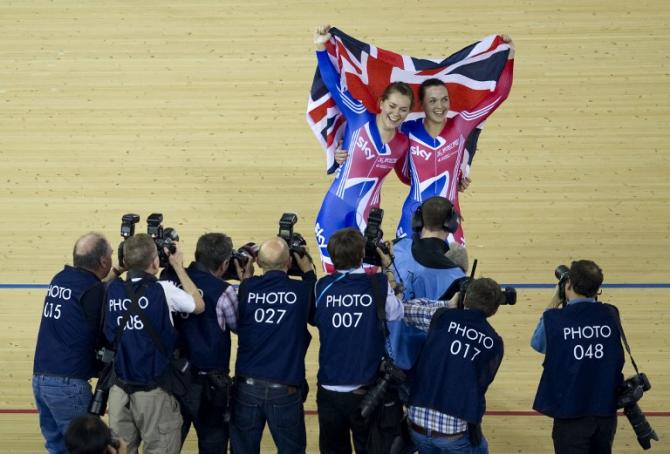
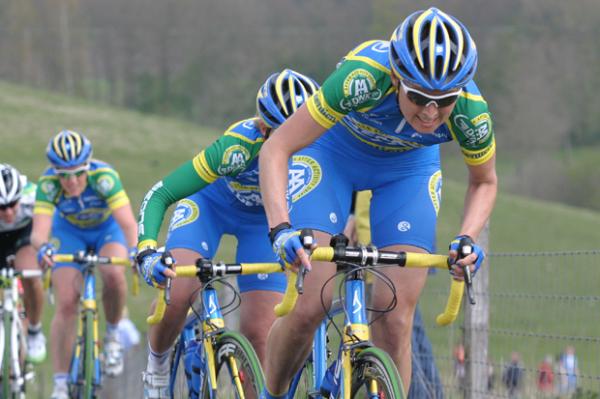
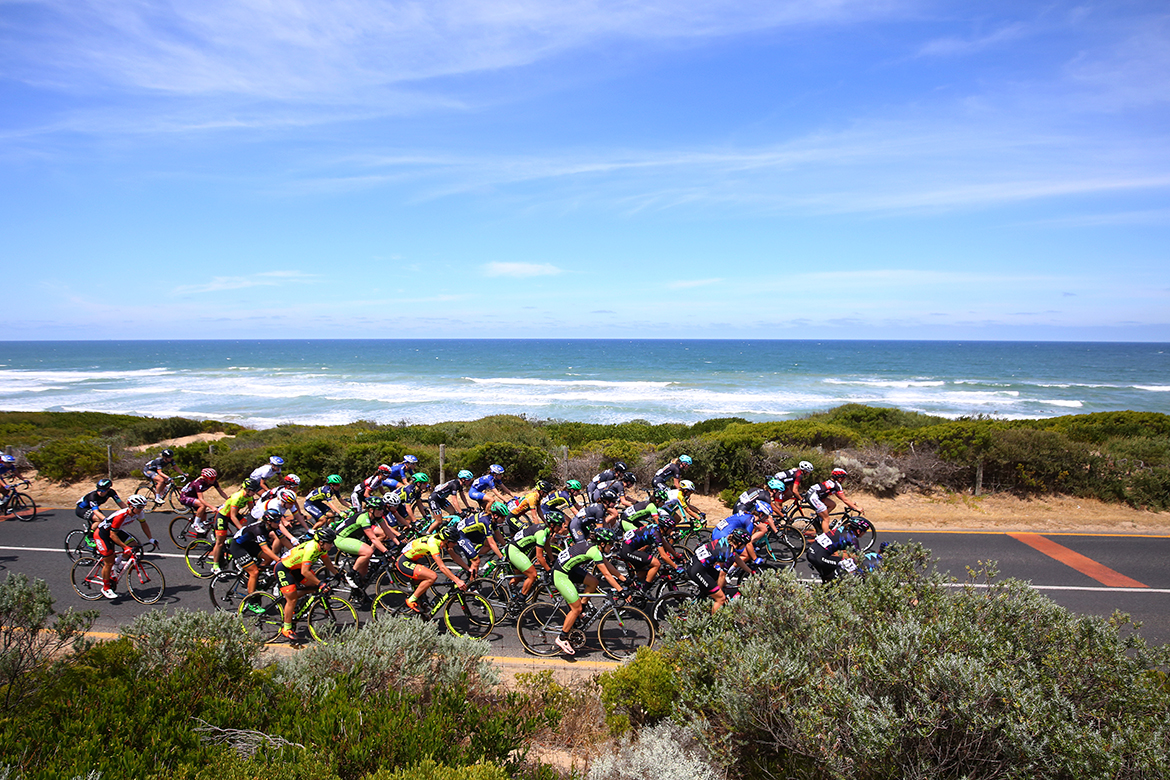
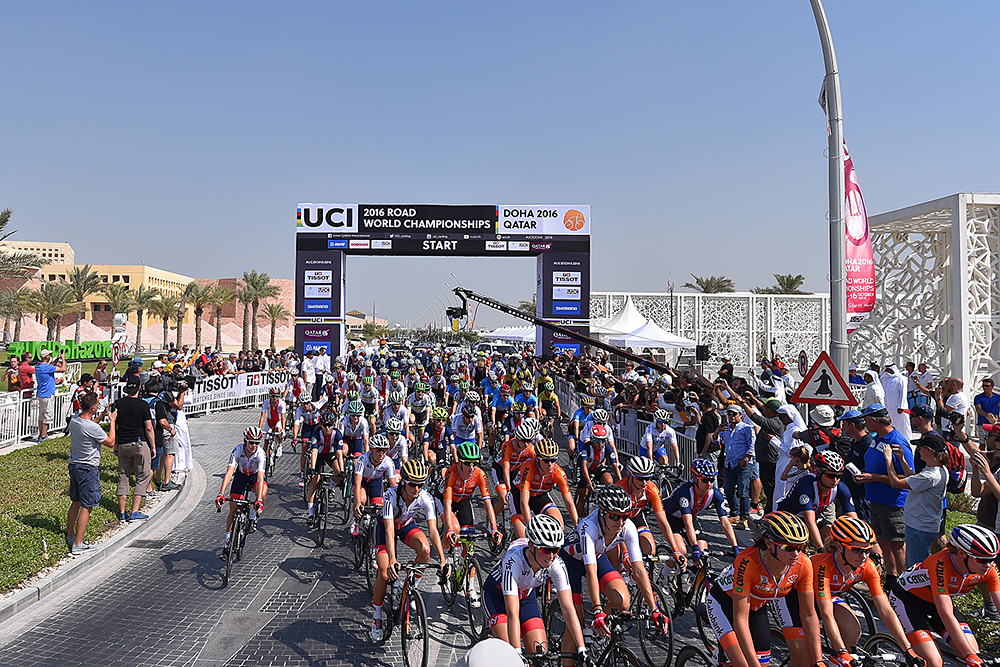
Over the past year, there have been numerous accounts of appalling abuse and harassment in sports from football to gymnastics, and cycling has not been immune. With more protections in place, riders are being empowered to speak out about a culture of intimidation and fear. But the UCI has only recently plugged gaping holes in its Code of Ethics, which until June 2, 2016, did not cover teams and their staff, and it has failed to educate the professional cycling world of the changes.
If this sounds at all familiar, think back to the federation's failings during the era of rampant EPO doping and 'omerta' - with one twist: most athletes who doped made a conscious choice to do so. As UCI Athlete's Commission representative Iris Slappendel points out to Cyclingnews: "Nobody makes a choice to be abused".
Last year, the IOC called upon "everyone in sport" to create a culture of dignity and respect, and pointed to federations like the UCI to "act as gatekeepers to safety" and "demonstrate strong leadership in identifying and eradicating these practices" [of sexual harassment and abuse]. The UCI duly made sweeping revisions to its code of ethics.
But when the UCI Ethics Commission was presented late last year with a case against a current team manager brought by 10 riders who witnessed abuse and harassment, the Ethics Commission has been unable so far to take action. Cyclingnews understands this is because at the time of the offences, the ethics code only applied to UCI staff, commissaires, technical delegates and members of the various commissions and councils.
Slappendel described to Cyclingnews how helping to take the 10-rider case to the Ethics Commission was an arduous, emotionally difficult and time-consuming process that ended up being futile because of the Code of Ethics' prior deficiencies.
"It was an exhausting process. I took responsibility for the other riders. It was quite an intense time, and it's disappointing there is no outcome," Slappendel said.
Even with the boost to athlete protections coming from the IOC and various federations who have adopted its mandate, there is still a reluctance for victims to report abuse. Riders fear being labelled "troublemakers" and getting blacklisted from professional teams.
The latest race content, interviews, features, reviews and expert buying guides, direct to your inbox!
"It's a problem for a lot of professional athletes, and they are willing to take a lot of shit to keep their careers," Slappendel said.
Abuse can range from insidious - body-shaming, food restrictions, to verbal bullying or denigration [for example, British Cycling's ex-performance coach Shane Sutton calling women "bitches"] - to overt [such as unwanted physical contact such as that described by former Dutch racers Marijn de Vries and Petra de Bruin] - to egregious, like the grooming followed by prolonged abuse described by ex-junior world champion Genevieve Jeanson.
That such offences could go on unnoticed or without action for years is appalling. But every story that gets told in public sparks more action.
Cycling Canada President John Tolkamp, also a former UCI Ethics Commission member, says Jeanson's story is one that still eats at him.
"Here was a young athlete that was really led down the path, abused in so many ways by individuals that were close to her," Tolkamp said to Cyclingnews. "I challenge our organisation to not dismiss anything. It's a challenge for any organisation that is responsible for young athletes."
Jess Varnish's complaints against coach Shane Sutton led to his resignation from British Cycling and a full investigation of the federation's high-performance culture.
Burden of Proof
The statistics for prosecution of abuse claims in the sport haven't been great. In the Netherlands, there has been a reporting hotline for 20 years - now called the Vertrouwenspunt Sport - an ombudsman position that is part of the Dutch Olympic Committee and Sports Ministry (NOC*NSF). According to an investigation by NOS.nl, the system registered 1811 complaints, but of those only nine ever reached the body that adjudicates cases for all 57 sports, the ISR [Institute of Sports Law].
The rest, it appears, vanished. Peter Vogelzang, a board member of the ISR, clarified that the problem lays at the ombudsman position at NOC*NSF. "I think that a more active approach would have suited NOC*NSF, but that active approach has not been apparent over the past few years," Vogelzang told NOS.nl.
Slappendel's case appears to be the first handled by the UCI since its code of ethics revision last year. USA Cycling only implemented its Safe Sport program in January 2014, and according to Bicycling.com, has taken a handful of cases.
When asked about the Dutch cases and the shockingly low adjudication rate, Tolkamp highlighted the difficulty of handling cases where it's one person's word against another's.
"It's frustrating for organisations like an Ethics Commission or National Federation. You need the right amount of proof. On the one hand, you can have false claims, but often legitimate cases are difficult to prosecute because there is no 'smoking gun'. Regulatory bodies require proof or enough substance, so the accused can appeal it and have it reversed. I feel for anyone that is in that situation. It's tough.
"But as the culture changes, and you have more people speaking out, it will start to improve. You saw this with Bill Cosby - the more people [who corroborate claims], the more credibility."
Cyclingnews spoke to sports attorney Howard Jacobs, who famously defended Floyd Landis in his Tour de France doping case. He advised athletes who are victims of or witness to abuses to document as much as they can.
"It all comes down to credibility," Jacobs said. "It's important to document [prohibited behaviour] at the time in happens. A rider could send an email to the team or document it in a journal with dates and detailed notes. If you are in a 'he said, she said' scenario, the more corroboration you can get, the better it is. Share it with others in the team or with family or friends. The more people who can tell the same story, the harder it will be to argue against you. If they're US riders, they can call the athlete ombudsman - even if they can't do anything, it's an independent party [documenting it]."
Marijn de Vries blogged about being sexually abused by a team soigneur. She is a board member of the Dutch federation.
Education
The IOC recommends that federations "inform all athletes, their entourages, coaches, officials as well as other relevant persons on what may constitute harassment and abuse, and where they may seek further information, advice and support."
But the UCI has not incorporated any education of this sort in its now-mandatory directeur sportif training, Cyclingnews learned from an attendee. By contrast, coaches for USA Cycling are required to undergo background checks and take SafeSport training that defines prohibited behaviour.
Slappendel hopes that awareness and education can help push things in the right direction to defuse the sometimes toxic old-school culture of bullying and abuse. The culture is pervasive in some areas of the sport - where riders are verbally abused, demeaned, denied pay or even food for disobeying or under-performing, or worse.
"It's good that there is so much discussion now. There should be awareness, it should be possible to stand up, but it is still not clear what the solution is.
"Doping is a choice of the rider, they might come under pressure sometimes, but to be abused - no one chooses that. You can see young riders who are in their first UCI team - they will think it's normal that a manager makes them cry, tells them not to eat any carbohydrates ever ... they start to think it's part of the job. They grow up with it, and think it's normal. These people know exactly who to abuse."
Making the sport more professional
Though men certainly are not immune to abuse, as the story of Andy Woodward demonstrates, the problems of abuse and harassment in cycling have been mainly reported on the women's side of the sport. Whether that is because women are more motivated to speak out, or have less to lose, or because it happens less frequently in men's sport is unclear. However, women's cycling has trailed the men in terms of professionalism and athlete advocacy.
Slappendel was invited to speak at a recent meeting of the Cyclistes Professionels Associés (CPA), the men's rider's union, which has been fighting for athlete protections on salary, contract, and safety issues. But she wasn't sure that merging women's cycling into that union was the answer to better treatment for women.
"The CPA say they want to support a women's cycling union," Slappendel said. "We are making a plan - women have so many different issues from the men. Legal assistance, good insurance, education about rights and resources. It's more important than minimum wage I think. [Women] want a really professional team, not some crazy manager/director/mechanic/someone's boyfriend who runs everything.
She points to the joint agreement that was made between the CPA and men's teams organisation AIGCP - which has broad protections for riders - as a model. "Not many sports unions have that. We need the same with the women. It will come - if the UCI keeps going with the Women's WorldTour, and they go to the two-tier system, the teams will have to form [a union].
"That would help the riders a lot. To find out what's best for the interests of women. Women should unite, teams should unite. But we also don't want all the problems of men's cycling. There are so many stakeholders [on the men's side]. Women don't have so much baggage. It's not the idea to become like men's cycling, we can do it better."

Laura Weislo has been with Cyclingnews since 2006 after making a switch from a career in science. As Managing Editor, she coordinates coverage for North American events and global news. As former elite-level road racer who dabbled in cyclo-cross and track, Laura has a passion for all three disciplines. When not working she likes to go camping and explore lesser traveled roads, paths and gravel tracks. Laura specialises in covering doping, anti-doping, UCI governance and performing data analysis.
